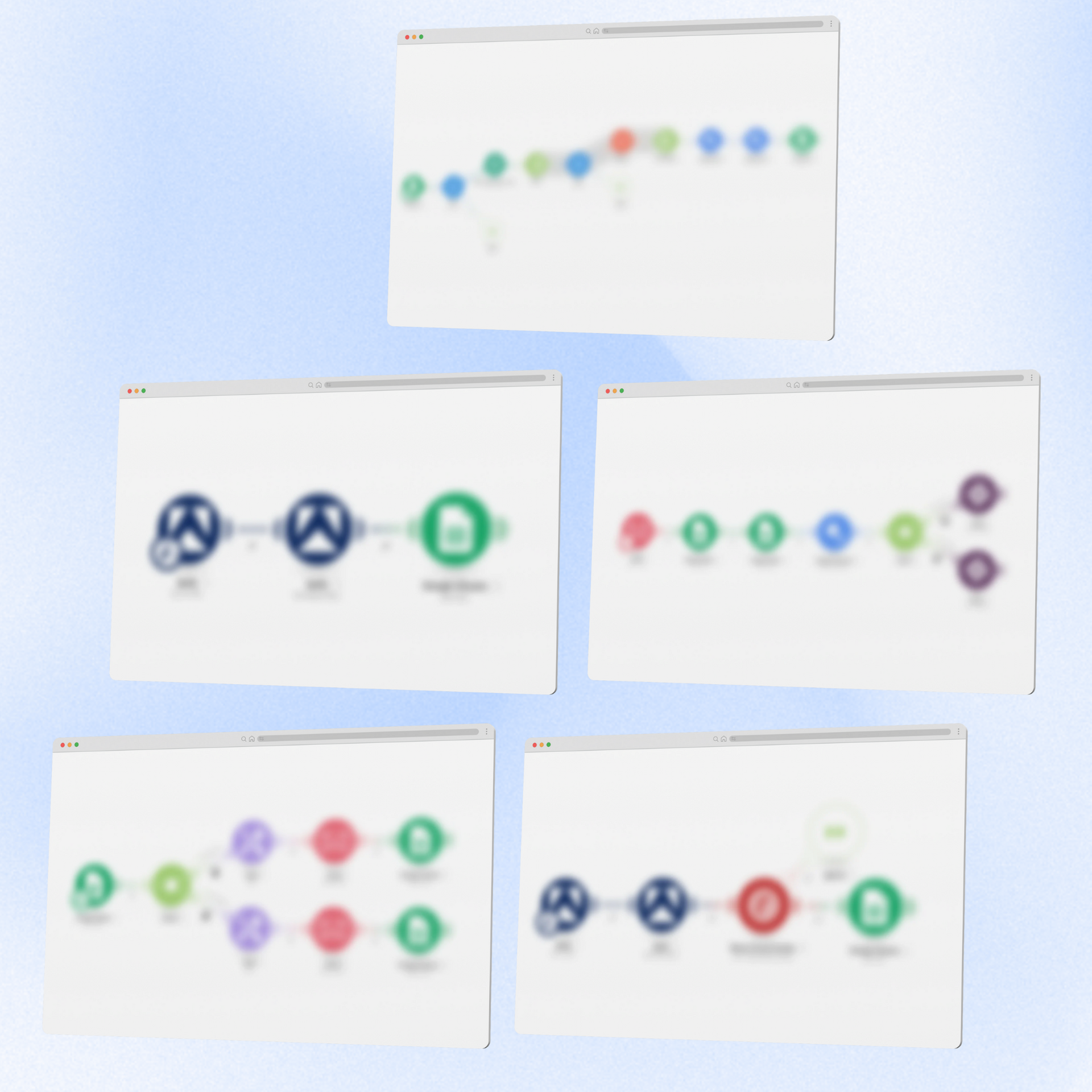Good morning! Today is Thursday, April 17, 2025. We have some exciting AI news today: OpenAI has launched its most advanced reasoning models yet, and Elon Musk’s xAI is enhancing Grok with memory capabilities. Let’s dive into today’s top stories.

1. OpenAI Launches o3 and o4-mini: Their Smartest Models Yet with Full Tool Access
OpenAI just dropped o3 and o4-mini, their most advanced AI models ever—and they’re a massive leap forward. These models can now think for longer, use all ChatGPT tools agentically, and combine reasoning across text, images, code, and the web. Whether it’s forecasting energy usage with live data, interpreting blurry whiteboard photos, or solving complex math problems, these models handle it in under a minute. o3 sets a new standard in deep reasoning and problem-solving, while o4-mini packs surprising power at a lower cost, ideal for high-volume use. Think of it as ChatGPT leveling up into a true all-in-one assistant—and it’s available now.

2. Grok Gets a Memory Upgrade — xAI’s Chatbot Just Got Smarter
Elon Musk’s AI chatbot, Grok, just took a major step closer to ChatGPT and Gemini by adding a new “memory” feature. This means Grok can now remember your preferences and past chats to give more personalized replies — like better recommendations based on your history. The feature is transparent (you can see and delete what Grok remembers) and currently in beta on the Grok website and mobile apps (except in the EU and UK). Memory can be toggled on or off anytime, giving users full control over their data.

3. Google’s AI Just Blocked 5 Billion Bad Ads — Here’s How
Google is stepping up its ad safety game with over 50 AI upgrades to fight scams and protect users. In 2024 alone, Google used enhanced large language models (LLMs) to remove 5.1 billion policy-breaking ads and suspend 39.2 million advertiser accounts. One big win: a 90% drop in scam ads impersonating public figures, thanks to a new policy and smarter detection tools. From verifying advertiser identities to restricting sensitive ads, Google’s AI is working overtime to keep the internet safer — and make sure legit businesses can advertise without delays.

4. Microsoft Unveils Lightning-Fast AI Model That Runs Without a GPU
Microsoft just dropped a game-changing AI model called BitNet b1.58 2B4T — a super-efficient "bitnet" that runs on regular CPUs (yes, even your laptop’s M2 chip). Unlike typical models, this one compresses its inner workings down to just 3 values: -1, 0, and 1, making it insanely fast and memory-light. Despite having 2 billion parameters, it outperforms rivals like Meta’s Llama and Google’s Gemma on key benchmarks — and it’s open-source under the MIT license. The only catch? You’ll need Microsoft’s custom framework bitnet.cpp, and it’s not GPU-ready yet. Still, this could be a massive leap for running powerful AI on everyday devices.

5. OpenAI Eyes $3B Acquisition of AI Coding Startup Windsurf
OpenAI is reportedly in talks to acquire Windsurf, an AI-powered coding tool, in what could be its biggest deal yet — a $3 billion move. Windsurf (formerly Exafunction) helps developers write code faster with AI, and the acquisition could give OpenAI a major edge against rivals like GitHub Copilot and Anthropic. With demand for AI coding tools booming, this would strengthen OpenAI’s grip on the market. It’s not a done deal yet, but paired with their rumored social media project and the launch of GPT-4.1, OpenAI is clearly aiming to be more than just a chatbot company.

6. Isomorphic Labs Uses AI to Reinvent How We Discover New Drugs
Forget trial-and-error — Isomorphic Labs is using powerful AI to rethink drug discovery from the ground up. By treating biology like an information system, their models can simulate protein and chemical interactions with incredible accuracy, speeding up the search for new medicines. Instead of focusing on one target at a time, they’re building general-purpose AI that learns from all biological data. The goal? Faster breakthroughs, fewer lab tests, and a future where treatments are precisely tailored to your unique biology.
How would you rate today's newsletter?
Stay tuned for more updates, and have a fantastic day!
Best,
Zephyr




